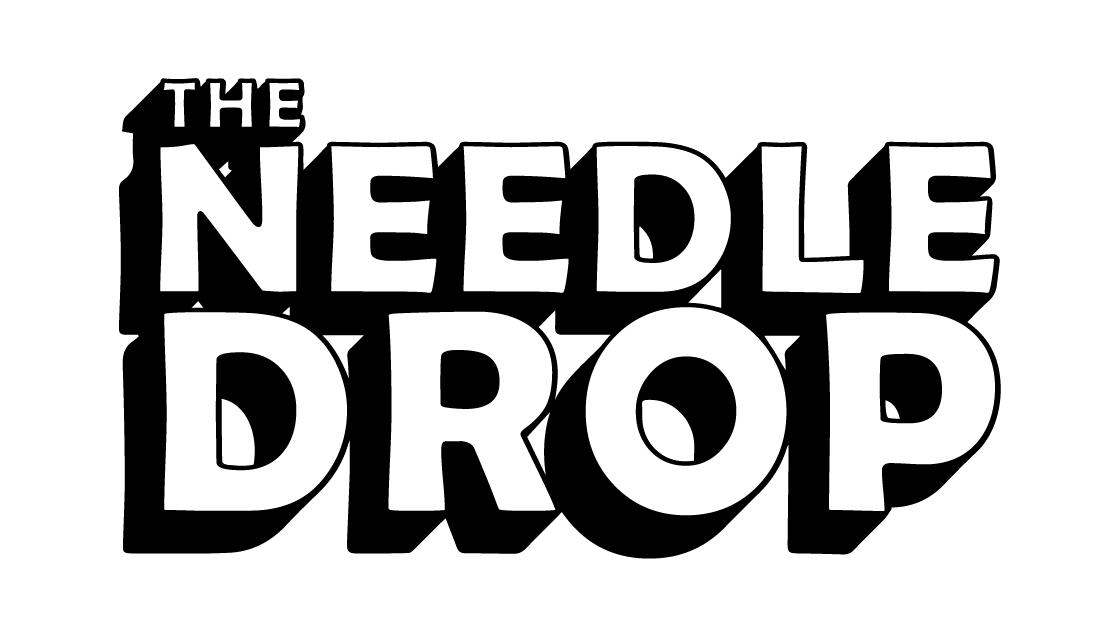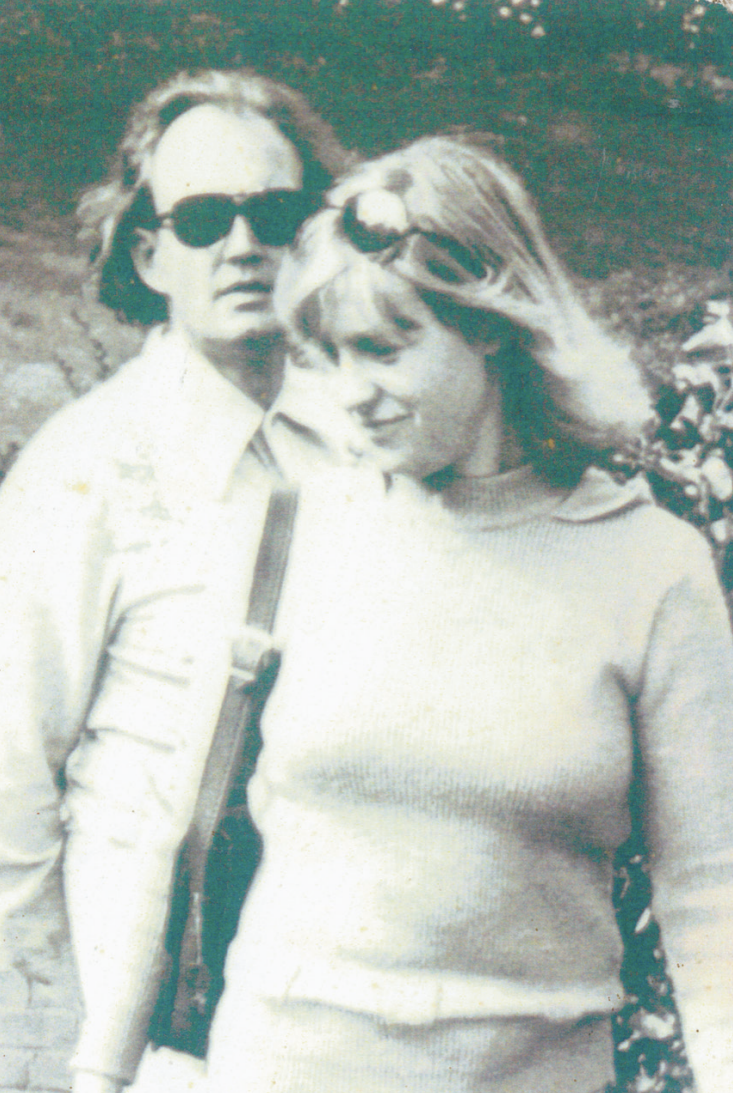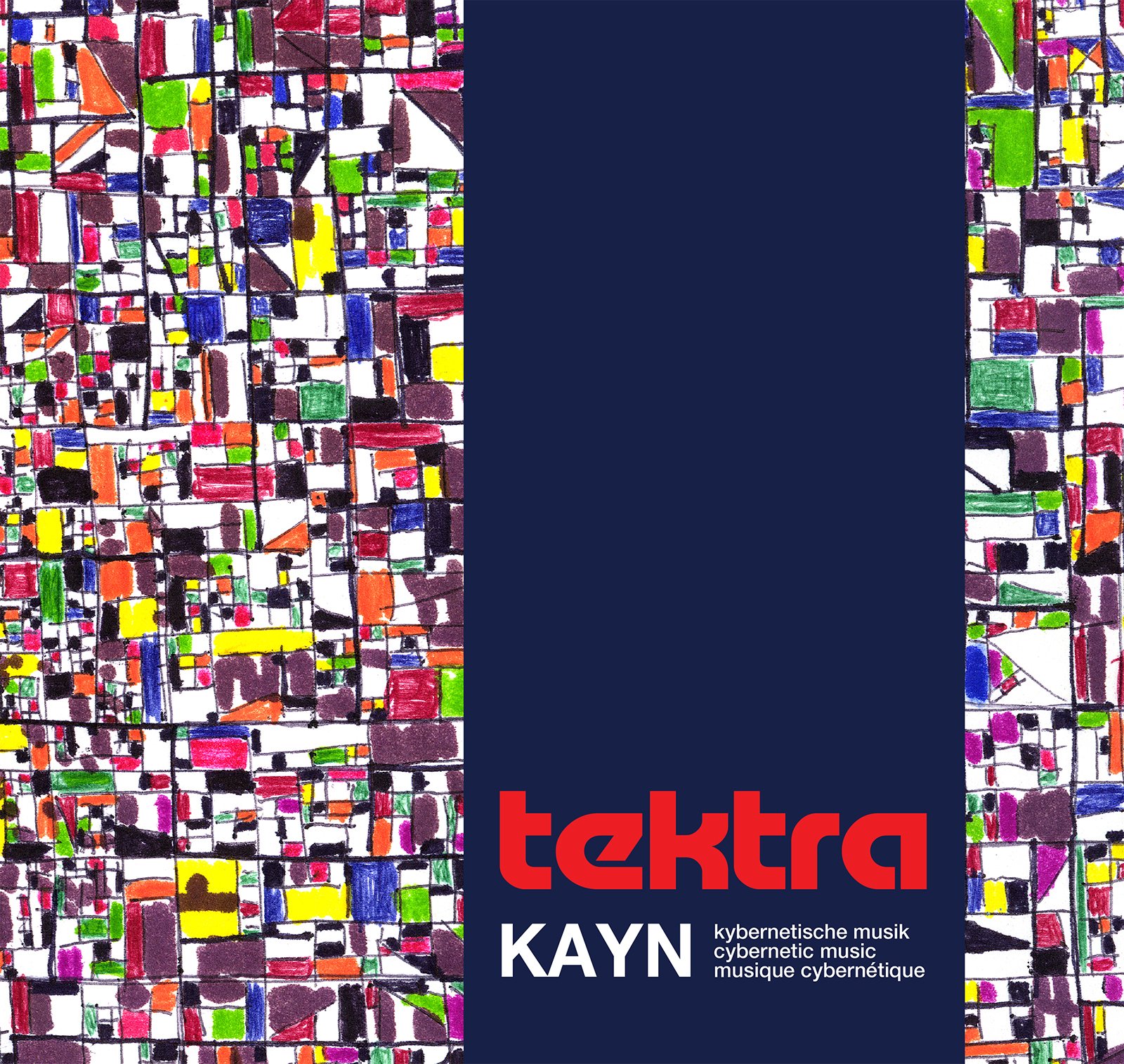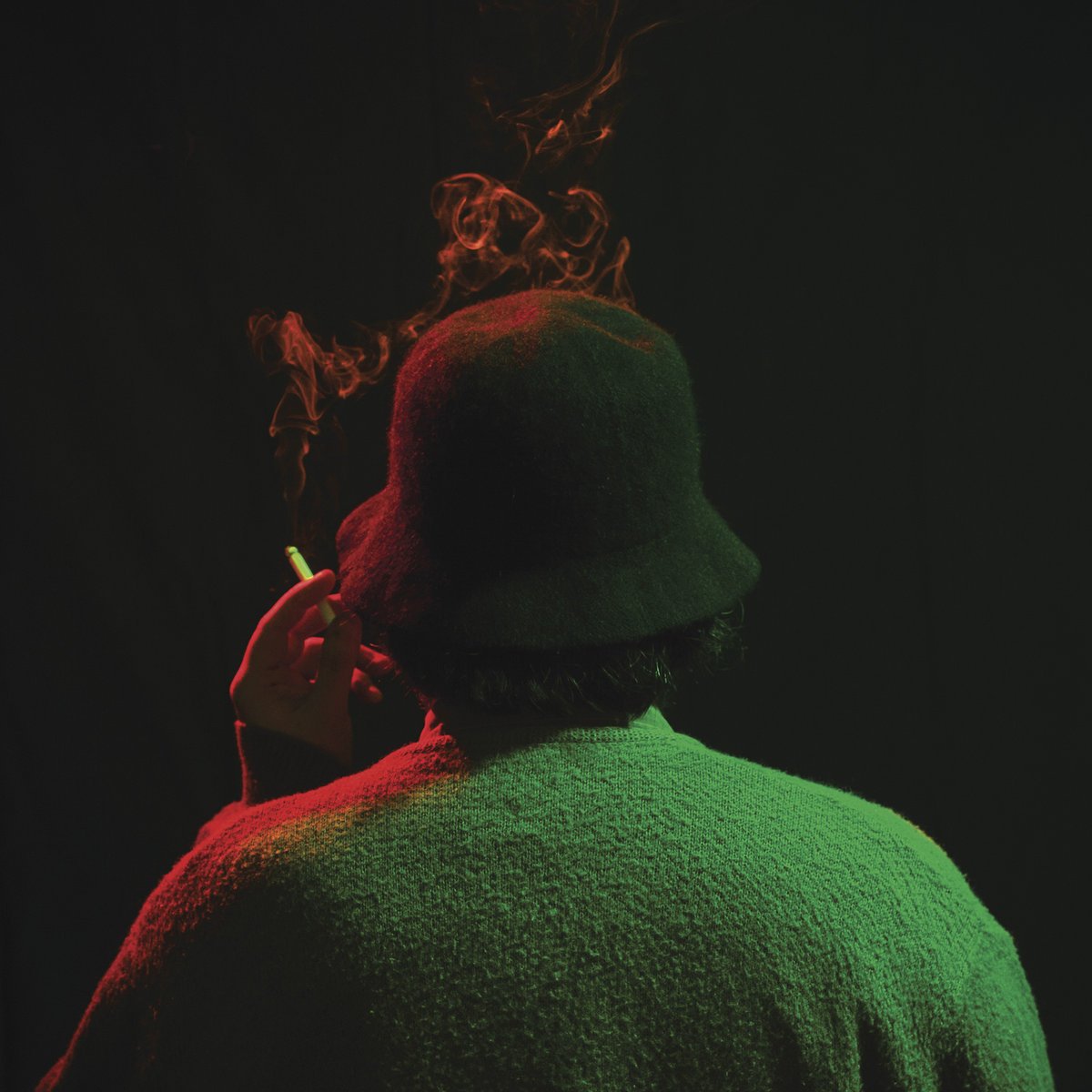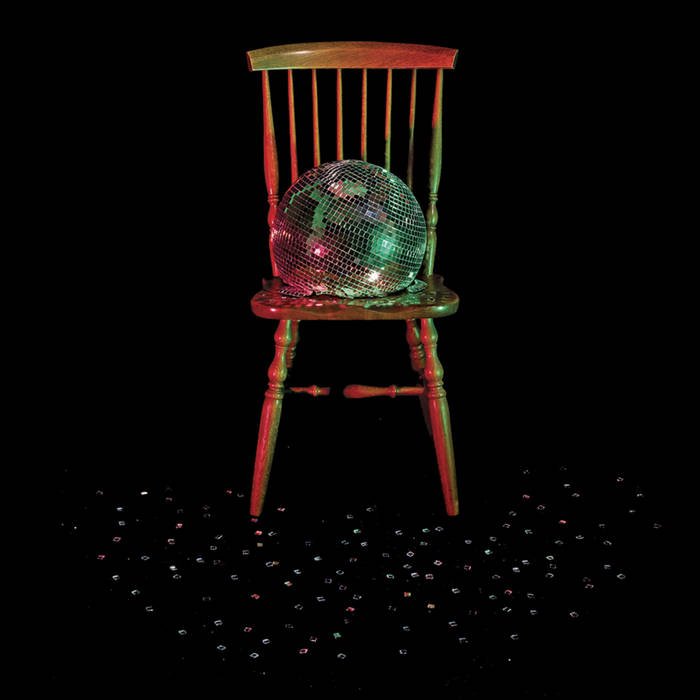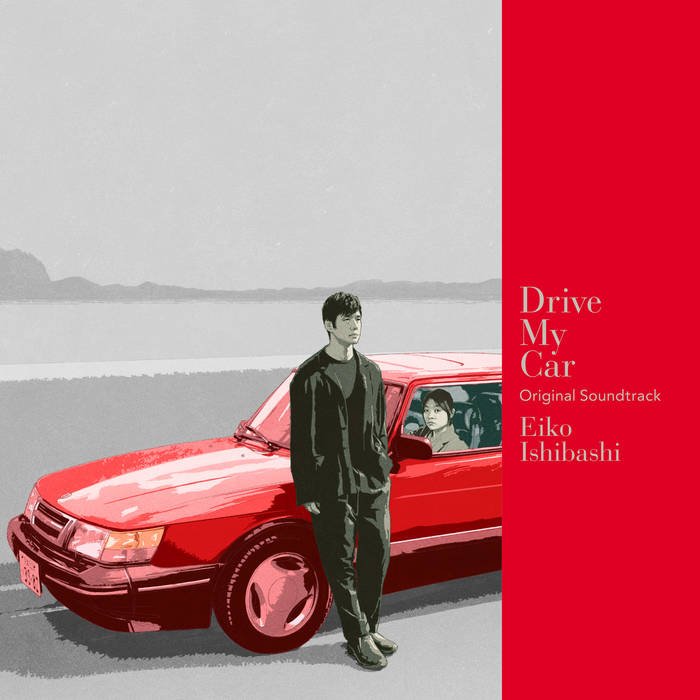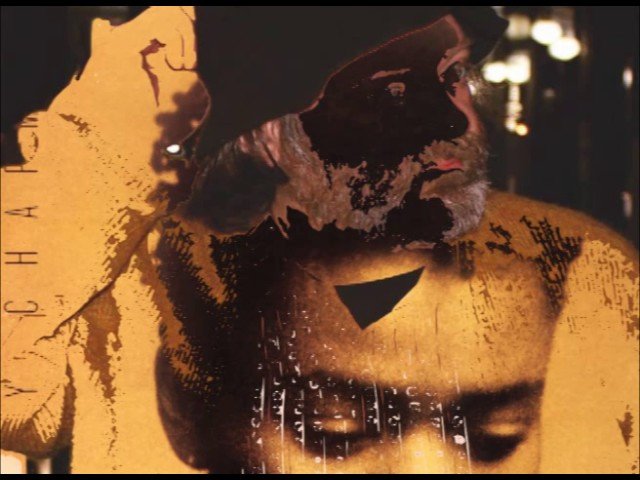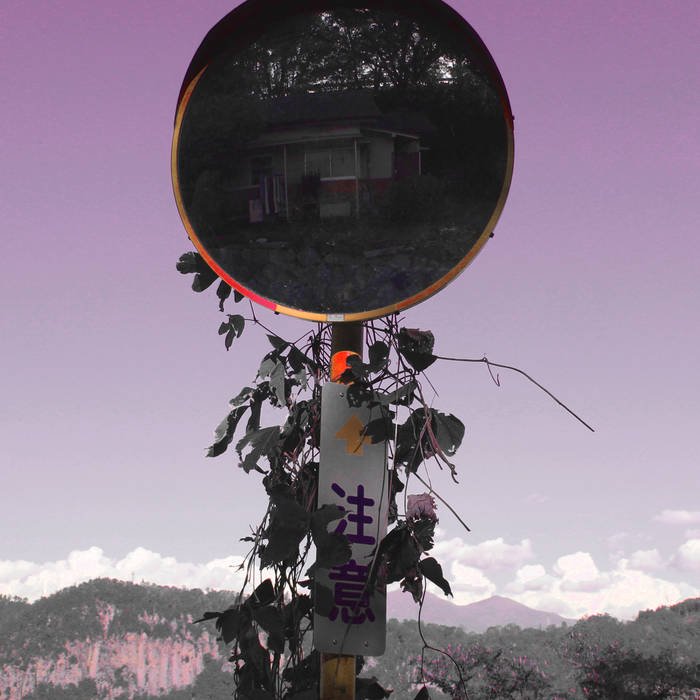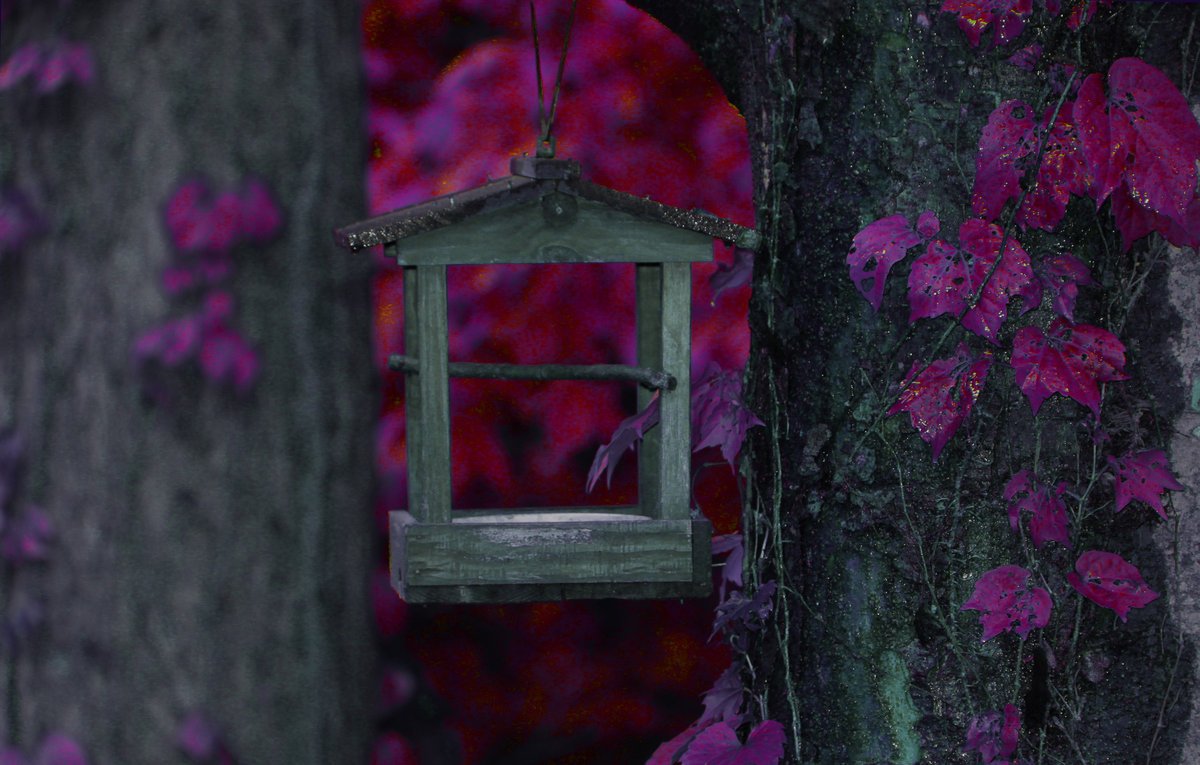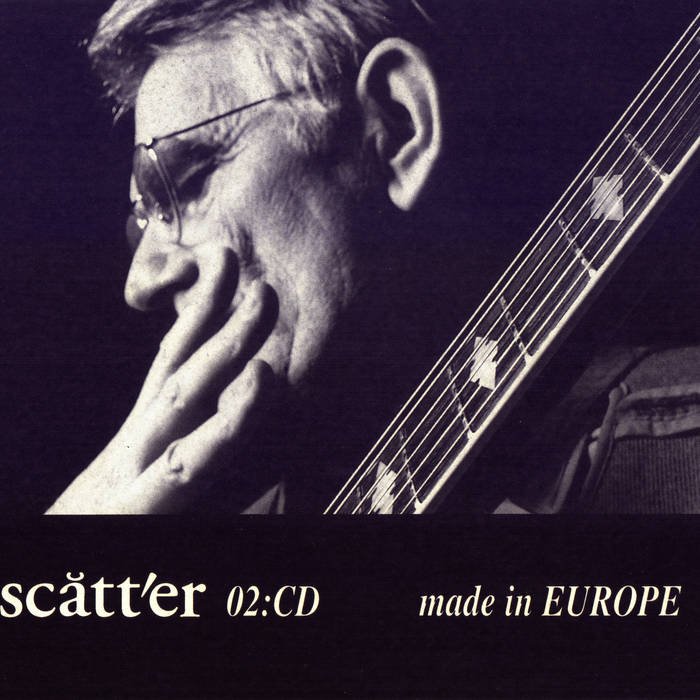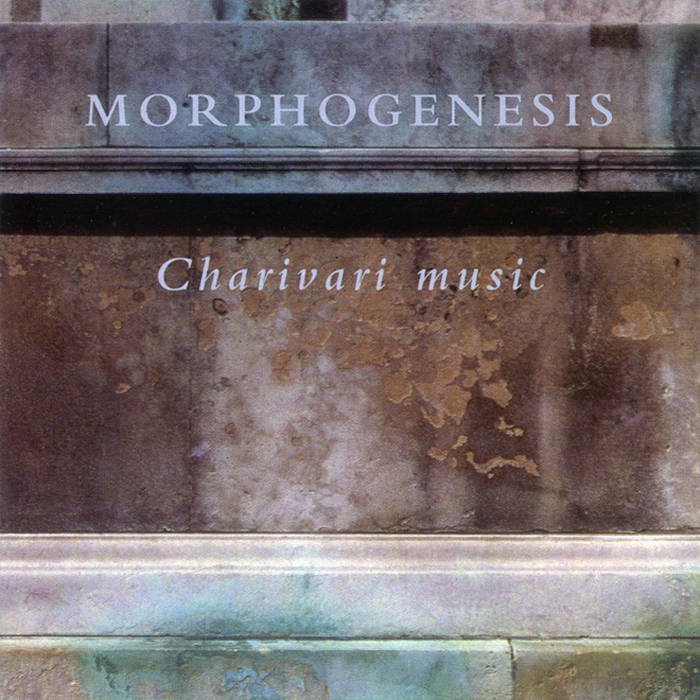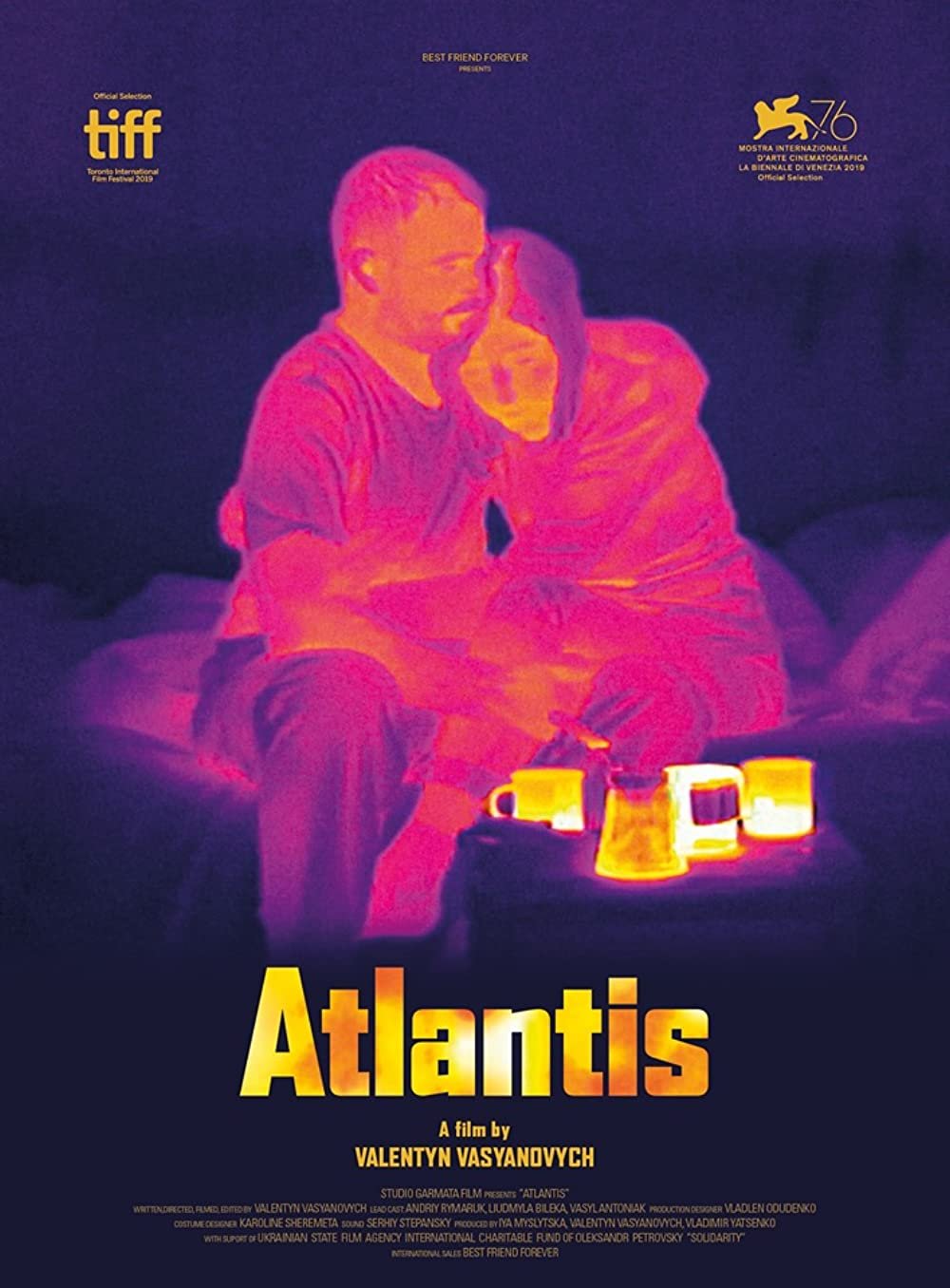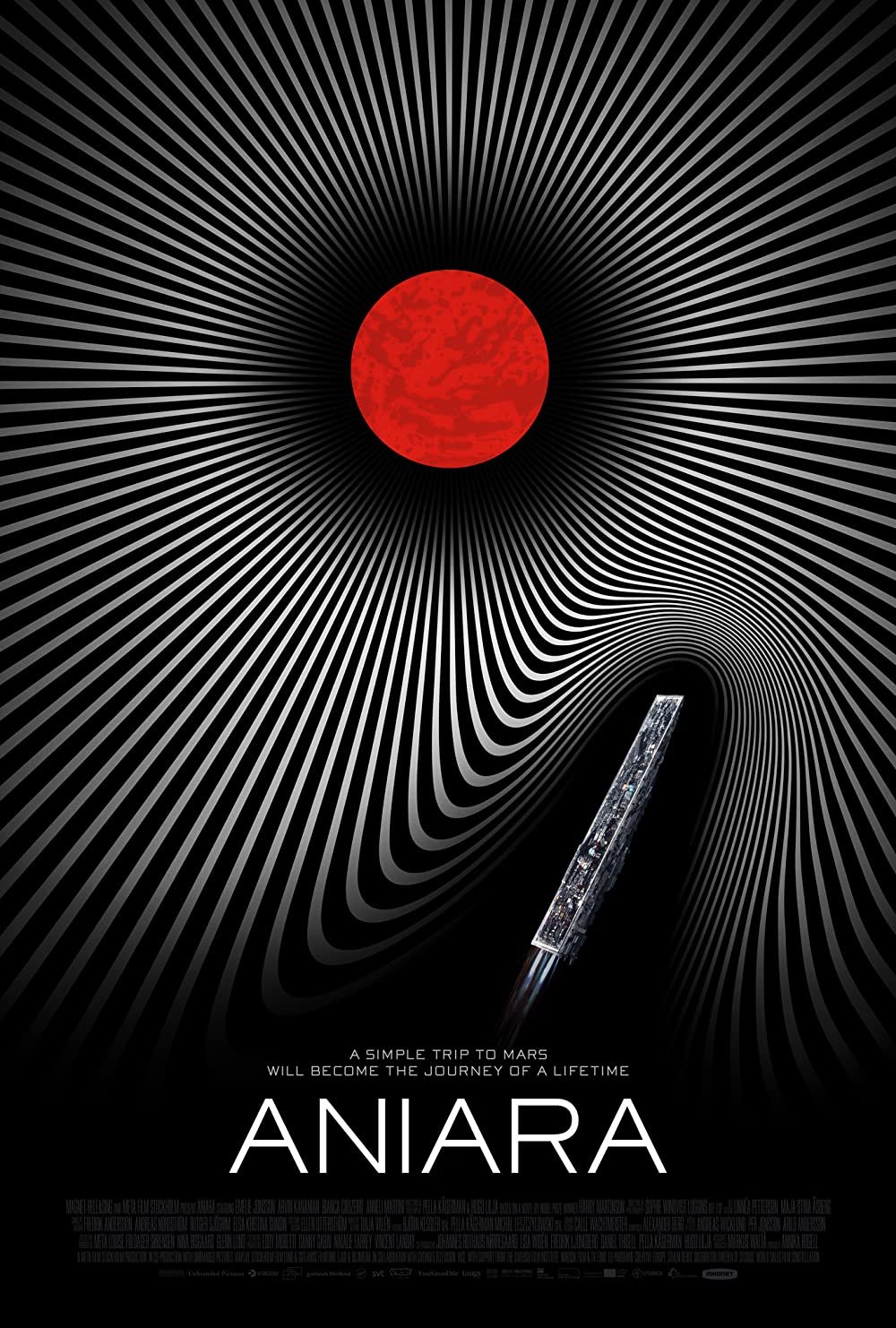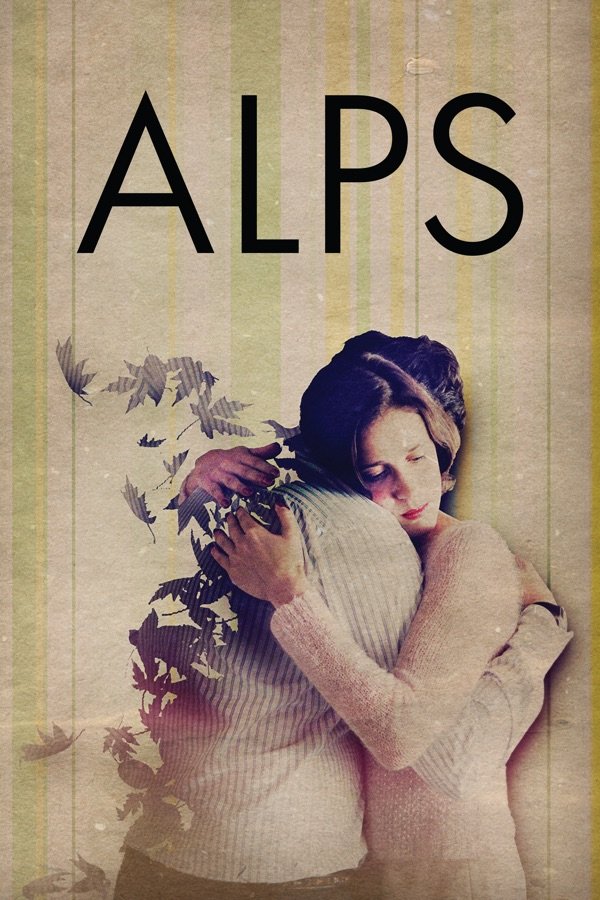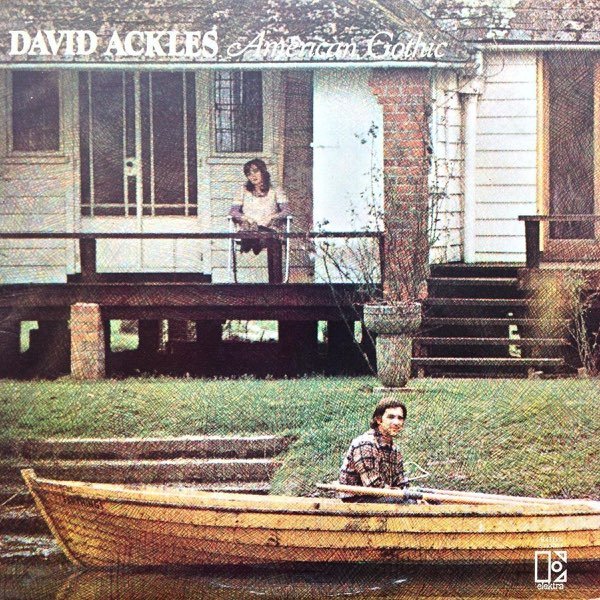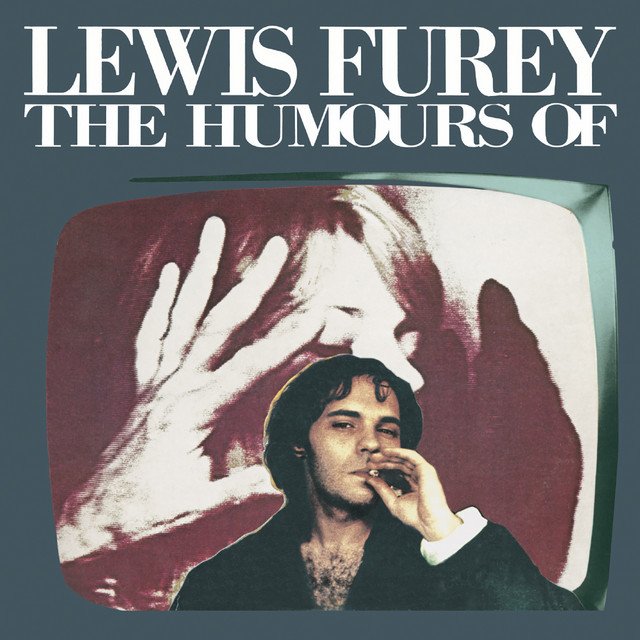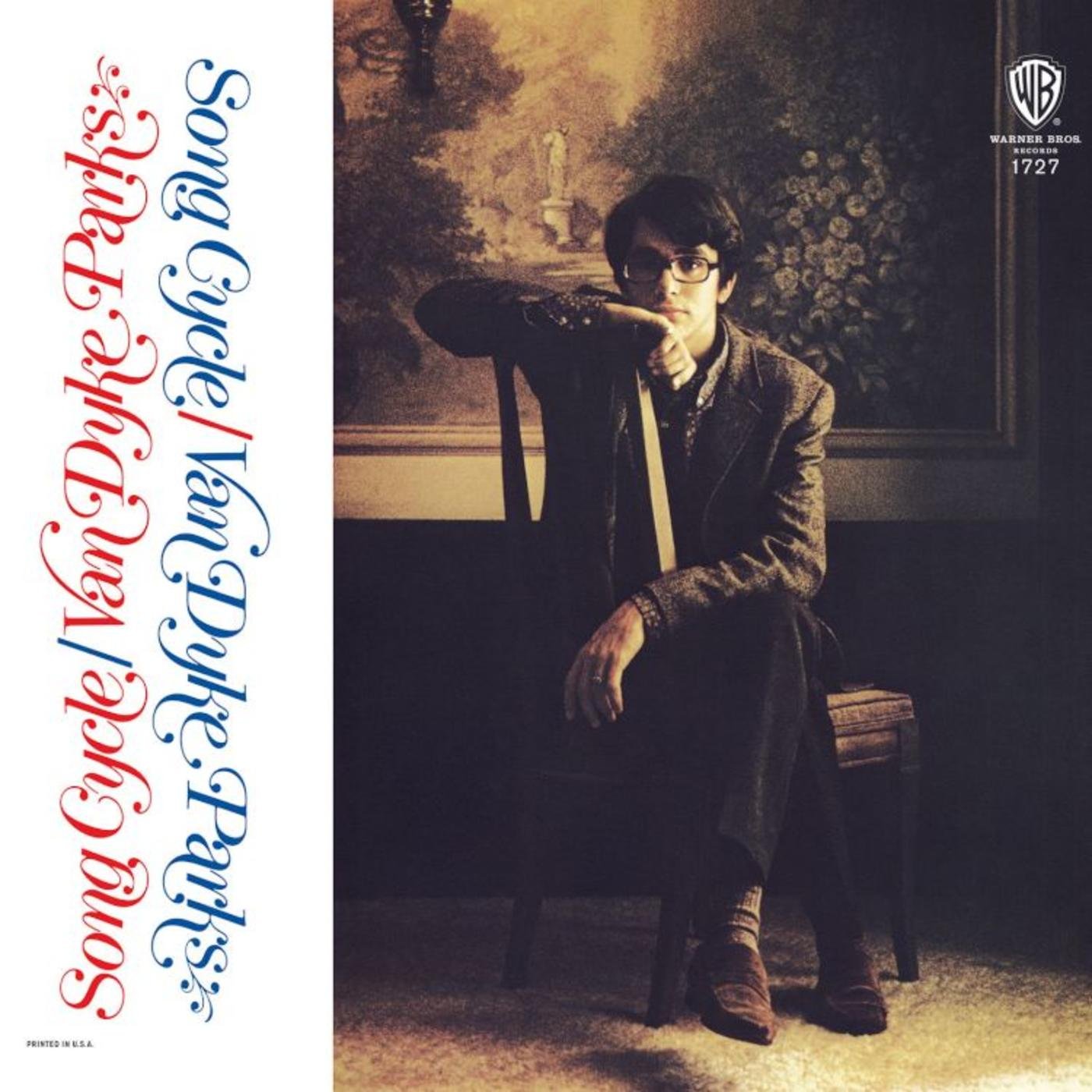This call happened on April 2nd at 10:00 a.m. JST. What a privilege it was to speak with the man who—in his capacities as a musician, producer, and curator—has made and introduced me to so much of the most inspiring music in my life. Jim was, to say the least, generous with his time and wisdom, as we discussed for nearly four hours his work for the Roland and Lydia Kayn Archive, as well as his own creative efforts ranging from his Bandcamp-based Steamroom series to his most widely celebrated albums on Drag City.
He must also be commended for his kindness, putting up with my fair bit of gushing and inexperience as an interviewer. The conversation has been trimmed and restructured here to be a more focused and enjoyable read, fingers crossed. And, of course, apologies for taking so long to finish the transcription! Without further ado…
KAYN
Actually let’s start with the Roland and Lydia Kayn archive, whenever you want.
I’m ready to rock.
OK, so how did the opportunity arise for you to head up this remaster series?
The thing that really got it rolling was when Frozen Reeds was doing Milky Way—that one needed a lot of work because there were a lot of digital dropouts and errors in the remaining tape. But simultaneously, it goes back to when I first heard Roland Kayn in the late ‘80s. My friend Christoph Heemann, who at that time lived in Aachen, Germany, played me his stuff at his house. And then I immediately went over to the grocery store (laughter) and bought all the records. I think literally within two hours I bought all but one of the boxsets. One boxset eluded me for quite a few years; one was already out of print at that point.
Do you remember which one?
I think it was Simultan.
That one’s still out of print, isn’t it?
Didn’t Die Schachtel do that one? It sounds odd, but since I’ve been doing pretty much everything he ever recorded, the fact that there’s like one out there that I didn’t do—I don’t mean this in an ego way! But there are a few pieces of his that were assigned to an Italian publisher back in the day, so they’re kind of like hands-off.
Simultan was recorded at Léo Kupper’s studio, if I remember correctly. Those works are kind of him exploring Kupper's GAME synthesizer. It's not quite the same headspace as the stuff he was doing with Jaap Vink at Sonology. The tapes that Vink and Kayn made together are basically the source library for a good bulk of what Kayn made for the rest of his life at his home studio.
Back to the backstory…
Christoph was involved in the reissue of Tektra in the ‘90s. ‘Cause that was by a friend of ours named Roland Spekle, who ran the Barooni label. So at that point Christoph was already in touch with the Kayn’s, and Ilse [Roland and Lydia’s daughter who heads the archive] already knew about me before the whole Milky Way thing, although I’d never met her. So she knew who I was when Frozen Reeds asked me to do the remaster. I mean, he could have asked anyone to do the remaster and didn’t necessarily need her approval seeing as she had licensed the music to his label, but the fact that I did it and I guess she was happy with it led to… I can’t quite remember whose idea the Bandcamp was. It might have been my idea, though the Frozen Reeds guy is also very pro-Bandcamp. But either way, the next request was the Scanning boxset, which also took me a very long time. Milky Way took the longest; that took about six weeks. A lot of his later works, when he was working at his home studio, he was recording to DAT machines. And a few years into the history of DAT machines, it became very obvious that these things were extremely unreliable. He was using a consumer grade one, and on those machines, there was an “LP mode,” which would run the motor half-speed, and the bitrate would come down. Recordings in that mode are really, really troublesome.
You know, analog errors are very easy to clean up; with digital errors, basically you lose the information. It’s gone. With that, it was a case of going through it pretty much on waveform level and rewriting waveforms whenever these dropouts occurred.
So you were doing that manually?
Yes.
Wow…
I mean, there are plugins that do that, but they don’t really work with his stuff.
Yeah, it’s kind of crazy how far the technology’s come. Programs like Izotope can repair clipping pretty effectively.
For a lot of the Bandcamp things, those are what I’m using because they don’t have these dropouts. They have other problems, which can be fixed by Izotope. But in the case of Milky Way, it was a serious amount of work. Have you ever seen one of Cornelius Cardew’s graphic scores? It basically looked like that: the waveform’s going along and then you’ve got a few frames of Cubist art (laughter).
Also, especially with Kayn’s stuff, the phase relationship between the two channels is really, really important. That has to be maintained. When I was working on the Tektra reissue—because Kayn’s original idea was for, in performances, “this tape gets crossfaded with this tape.” In the case of Tektra, the masters for that were recorded to tape, so for a continuous performance of the piece, they had to switch reels when they were making the tape. So you've got something that, in the meantime, the phase relationships have shifted. And stopping a tape at the end and starting a tape at the beginning, there is a micro-micro-pitch difference because of the amount of resistance for a new reel, etc. and so on. Just doing that crossfade took maybe five days to get because, with his stuff, if you don't get it quite right, it starts canceling itself out. [He was specifically referring to the new “Tanar” crossfade here.]
You’re pretty much the G.O.A.T. when it comes to mixing and mastering.
No, no, no. I’m not that at all. I'm not even in the category of mastering engineers. Those are highly trained artists. I am not that. I luckily have enough skill, combined with the fact that I want to do this for the Kayn family. You probably wouldn't get a mastering engineer willing to, you know, do what I'm doing just because he wants to. But mastering engineers are artists of another caliber that I have no right to… You know, that's why you might have noticed I haven't said I've been “mastering his stuff.” I've been getting them ready.
Jim excuses himself for a minute to say goodbye to someone.
One thing, speaking of the Kayn series, I think if you gave this stuff to most people, they would reduce the dynamic range. Because I know his stuff so well, I know that has to be both maintained and, if possible, even expanded.
That restraint is kind of what makes you great at it though. It's very missing [in the field].
(laughter) Stop saying “great!”
Were you at all daunted by the task of Tektra? Maybe funny to ask that after you’ve done a bunch of 10-CD boxsets.
Yeah, actually that one I was a little more worried by. Because that's like the crown jewel. That and Infra. Also because, I mean, Tektra basically changed my life. And I know the guy who did the first CD reissue. You know, I have at this point, like a 33/34-year history with Tektra.
And it was difficult, like the thing I mentioned earlier about the crossfades, and things like that; those things weren't done until now. Kayn had written down very specific directions of how he wanted the piece presented, even the gap of time in between parts. On the CDs, I don’t know if you’ve noticed, there'll be a 20-to-30-second gap between parts. That’s all very specifically written down. In the end, that's why it had to be five CDs. Because the last CD would’ve ended up being like 81 minutes. So there was a lot, a lot of caretaking in getting it right. Not just getting the sound right, but structurally getting it how he wanted. I think even inside the original LP boxset the instructions are there, like for how to play it on your own stereo.
Around the time of Milky Way, you said something along the lines of you don't know how he did what he did. Now that you're many years deeper into this, do you have a better idea?
I know technically how the things are made, but he just… He…
Had a je ne sais quoi or something?
Yeah, there's a surprising amount of grace that's mixed with an almost—is “petulance” the word? Is that how you say that word? There's a mix of the two that you don't usually find, in his work.
SHUTTING DOWN HERE
Let’s talk about Shutting Down Here.
Oh, OK… See what I can remember about that thing.
The title of the piece was kind of eerily prophetic, arriving just at the onset of the pandemic and worldwide lockdowns. It sort of became my quarantine soundtrack.
Good times!
It’s funny to say, ‘cause you’d been working on this thing for like 30 years—
No, no I was not (laughter); I forget where but something was written that made it seem like that. I was not working on it for 30 years!
But some of the material is that old?
Yeah, there are sounds on it that are 30 years old. There are recordings, and not like studio recordings, like a lot of it is concrète work. You know, recordings I made back 30 years ago in France. But I didn't work at the GRM studio the first trip I went there. I just went there. Basically, I was going to be in Paris for something else, and I was still in college at that point. And so I wrote a letter to GRM, and I wrote a letter to IRCAM saying, “I'm going to be in Paris. I'm a student at this university, blah, blah, blah. I would like to see the studios,” and they both wrote back letters saying I could.
I don't know if Jean Schwarz was actually the head of GRM at that time, but he was the guy who showed me around, and he was really, really nice. And not condescending. I think at that point, in 1990 or so, GRM was already kind of wildly out of fashion. In academia, that is. Anybody who was involved with electronic music and going to Paris at that time was going to go to IRCAM. IRCAM was just filled with Americans at that point. So maybe having some 21-year-old kid show up was amusing for them. But they were really nice; he even bought me lunch. And then they gave me like reels of tape (laughter).
That said, what sparked your interest? If it was, like, out of fashion?
Well, it might have been out of fashion in academia, but that's not anything I gave two fucks about. It's where the greatest music I ever heard had been made. I mean, after Roland Kayn, there's Luc Ferrari, and then after Luc Ferrari, there's Parmegiani, you know? And I actually liked a lot of Jean Schwarz’s work, especially the stuff he did in the late ‘70s. I'm actually a big fan of his stuff, as well as Lejeune and Malec. And so, that evening, there was actually a concert in the GRM acousmonium, this concert hall with like 100 speakers, and it was actually a Pierre Schaeffer retrospective. Schwarz took me to that and introduced me to everybody, so I met Malec and I met Parmegiani. Uh, Bayle just kind of walked by.
Damn, shade? (laughter)
Yeah, yeah, I got the Bayle shade. But Parmegiani and Malec were really, really nice. I think, again, it was probably amusing that some young American kid actually knew their stuff and was kind of going on about how great they were. I’m sure they enjoyed that, but they were really, really nice. That was a really great experience. It was great. And it was a great concert.
Back to Shutting Down Here
The thing is, (laughter) the title’s a Scott Walker lyric, actually.
Wait, what song?!
It’s the first song from Climate of Hunter.
Oh shit! “This is how you disappear, out between midnight” (sang terribly) I love that one.
That was sort of a personal joke / callback to the things I was making during that time when I went to GRM. Like the Tamper record and all those, which also use titles taken from Scott Walker lyrics (laughter). It was a little bit of a private joke for myself, although if it didn’t make sense and it didn’t feel right I wouldn’t have used it. There are usually lots of connection games going on with what I do, to keep myself amused.
Climate of Hunter’s underrated.
Oh, that’s his best record, I think.
Anyway, the timing of the title was kind of interesting, but it’s cool if you don’t have any association there.
I mean, I think it’s fairly obvious from the things I’ve done that I’ve been in that “the end is nigh!” mindset for like 40 years (laughter).
Shutting Down Here is like a perfect piece of sound; it’s hard not to gush over it.
Ah thank you; I’m glad you like it. That’s one where I was surprised by the reaction. I was happy that people liked it.
It sounds labored over in a way that doesn’t spoil it.
Well, usually, the type of person who labors over things stops at the end of that. My attitude is: you labor over it and you get it exactly the way you want it, and then the next step is to hide all of that. There’s work to be done after you get it exactly the way you want it, which is to hide all that work you put into it.
Any methods for that?
(coyly) At this point I just know how to do it. That’s a whole book, it’s a whole thing in itself. At the risk of sounding like a jackass, it’s like a philosophical stance you need to have. It’s a certain amount of modesty about what you’re doing.
You know it when you hear it.
Well, you know it when you don’t hear it!
It seems the nature of working on a[n electroacoustic] composition like Shutting Down Here is, like, some parts fall in place and come together almost effortlessly, while others are nightmares to hammer out, know what I mean?
Yeah, it's usually one or the other.
Maybe I was thinking about asking this because I was under the impression that it took decades to make this one.
Yeah, so that one I actually started about six years before it was done. The first four years was just like, “This thing is just not working. I'm going to do something else,” and then I wouldn't touch it for a couple of months. Basically five years into it, it was still not there. And when François [Bonnett] commissioned me to do the thing for GRM, I thought that was a good chance to finally make that thing work, as opposed to starting something new. And also, because that thing already did have recordings from that trip, the first trip when I went to GRM—actually, at that point, it still had a lot of French in it. Had a lot of French talking and stuff. That was all cut.
Do any movements come to mind as having been particularly challenging?
I mean, I'm not the kind of person who's like, “Oh, I like this part, I like that part,” you know? But I am happy with the way it all finally comes together; I think you know what part I'm talking about, where all the elements finally coexist. That’s probably… I got that probably as close as I possibly could to what I wanted, and for it to then become something… It got to that point where it got so close to exactly what I wanted, that it became something else, which is what I wanted to do.
DRAG CITY, ETC.
To get into your poppier stuff, I’m quite fond of Simple Songs.
Ach, that album has a lot of problems.
Shit. Why do you feel that way?
It's technical stuff. That album does not sound as good as I wanted it to.
On the mastering end or—
On every end, because it had to be made really hodgepodge in different places, in different situations.
Yeah, I read a while ago—not sure where and haven’t been able to find it again—like, you recorded the album at your dentist / friend’s house?
Yeah, actually out here where I live now.
So that's true??
Yeah.
It sounds really impressive all things considered. It really does.
Oh, I mean, I wish I had a better situation to mix it in. The mix really has problems. Alas. I just wanted that damn record out of my life! I felt obligated to finish it because everybody who played on it had given so much of their time. If I had played everything on it, it never would have come out.
I had to mix that record in a room in an office building where there were two offices on either side of me. And that is not a conducive situation for mixing a record. There are points where it is how I want it to sound. But there’s a couple of points where I made such a fucking big mistake in the mix that it just bums me out. And the situation was not going to change. I didn't have money to go into a studio and mix it.
Between “End of the Road” and “All Your Love,” I think it’s a very fine way of going out as a songwriter, if it is the last.
Yeah, it's the last one. Yeah.
Near the end of the interview, Jim wonders if he saw Anthony’s Simple Songs review.
Trust me, you don't need to see it. Then again, I think the complaints were about the mix, so you might actually agree.
Now that you mention it, I do remember that. He was complaining the vocals were too low, right? That’s the one thing; that's always a problem. A lot of people do complain that I mixed the vocals low. And I say, “No, everything else you listen to has them too loud.” I'm not a fan of that French style of mix, where there are two faders: the vocals and everything else. I don't mean that as an insult. It just really is the style, and I'm not into it.
This is kind of a bummer. Of your Drag City albums, I mostly wanted to talk about Simple Songs… (laughter)
You can ask; I’m happy to answer things about Simple Songs.
…but also The Visitor ‘cause that one’s my favorite.
Aw, thank you. That one I don’t feel that bad about.
That album is fucking mind-blowing. Like, it was recorded all by yourself in your Tokyo apartment when your neighbors were out?
(laughter) On a Digi 002. But, I mean, it wasn't an apartment. It was my house, which was tiny. It had two rooms. So when I say “neighbor,” it was the house next door, which I think there was literally only a foot between the walls of the two houses. Guitars and stuff like that I could record anytime, but things like the drums or trombone, yeah, I would have to wait until the people around were out.
Ah OK, I didn't know that you actually had a house for a while. In articles it was always referred to as an apartment.
Yeah, people always say that! I don’t know, they just assume or something. But, I mean, I lived in a house in Tokyo. And that's a long, long story. I got a house because that helped with the visa and blah, blah, blah, blah, blah. It was this tiny two-room house.
Yeah, if someone's interviewing you, they probably think, “Oh, an expat in Tokyo. It's gotta be an apartment at best.”
Yeah. Sure, sure. Which ends up being actually way more expensive. Living in an apartment for 12 years in Tokyo is insanity. And Japan is not as expensive as everyone thinks it is. People have had this image of Japan being expensive. It's not. It’s a hell of a lot cheaper than most of America, I'll tell you that.
CD culture is still booming there too, right?
It never died; CD is still the standard here. That's why I honestly didn't know that CDs had disappeared in the rest of the world. Because I've been here for 15 years.
It was amusing going to the Disk Union in Shibuya and seeing Eureka posters on the wall. That image probably wouldn’t fly in too many record shops.
It really didn’t at the time. I remember Other Music—I don't know if you know about that record store that used to exist in New York. They would have large lightboxes in the window of current releases. And when Eureka came out, they put a lightbox of that, and somebody called the cops. There was a formal complaint made and they had to take it down. (laughter)
“The Visitor” is maybe just a Roeg reference, but were you also feeling out-of-place at all with your recent move? The piece’s tone is pretty bittersweet.
I don’t know; I think that has more to do with being Irish (laughter). I’m not a big proponent of trying to put emotion into music. If there’s any there, it’s going to be there.
If we could talk a bit about the Drive My Car soundtrack, you've been working with the same band since the Car & Freezer and Simple Songs days. Is there anything in particular you want to say about this group of musicians?
Well, for instance, Tatsuhisa [Yamamoto], the drummer—I mean, he's the only drummer I've ever met or played with who's even near the level of Glenn Kotche. And you know, he's also our friend. So why would you work with anyone else? (laughter)
With Drive My Car, there's a new person added to the team, Marty Holoubek, who's an Australian bass player who lives in Japan. He also (jokingly) “passed the test,” you could say. So he's the newest member of the club. He's excellent.
Did Eiko [Ishibashi] introduce you to this band, considering they play on Car & Freezer?
No, no; it's actually kind of the opposite. When I met Tatsuhisa by accident—we just happened to be on the same bill—this would be not long after I moved to Japan. He was very young then, but it was exactly like seeing Glenn the first time, when Glenn was a sit-in drummer for Edith Frost. That was the first time I saw Glenn play, at an Edith Frost show in Chicago. When I saw Tatsuhisa, it was just like that moment when I first saw Glenn. Then I started playing with him, and I was like, “Okay, this guy, I think he can do it.” And so I decided to ask my friend Sudoh [Toshiaki], who was the drummer in Melt-Banana, whom I've known since ‘93 or ‘94, to play bass because he's an excellent bassist. So it was just the three of us, then I decided I wanted a piano player, and Tatsuhisa recommended Eiko. But almost simultaneously, Eiko asked me to produce her Carapace record.
So first it was my band, and almost simultaneously it became Eiko’s band. I mean, to say it was, like, “our band” is kind of silly because, you know, it's just the music-people we’re closest to. Eiko, Tatsuhisa, and I play as a trio a lot and have made a few records. You know, it's always various combinations of those. And then [Atsuko] Hatano, the string player, who lives out here in the mountains now as well. Because all five of us were always going to this studio out here, and at one point we were out here like almost half the year, if you added it up. Then with the Olympics coming and all this other stuff, I just decided it was time to get out of Tokyo. I enjoy being out here [in Yamanashi] more than in Tokyo.
To learn a little more about the performers, do they have their own projects too, or are they mostly session artists?
No, no, they all do their own stuff, everyone. Hatano does stuff under her own name, and a project called Triola. Tatsuhisa is probably the closest to a session musician, in that he drums for a lot of people. And he plays a lot of shows. And does sessions because he's, you know, one of the best drummers in Japan. I mean, I think the best. There are maybe people who are technically better than him, but that doesn't matter to me. Sudoh works a lot as a recording engineer. So yeah, not all of them are like studio musicians in that sense. Tatsuhisa recently had a record on Black Truffle, etc. and so on. And then, of course, obviously Eiko does her own stuff.
Yeah, sorry, it feels almost wrong not looping her in for this part. Her soundtrack is great.
(laughter) She would probably ask me to do it anyway. Thank you for supporting Eiko’s music. I appreciate it.
Any thoughts on your Drag City catalog finally going to streaming?
It's OK, you know. It's like, whatever. My main thing is I at least want the person to have the option to hear it uncompressed. Once Apple did that, then I'm fine. I'm fine with it. Now Spotify, I mean, I could use some choice words. I can tell you that my stuff will never be on Spotify. Anything that I have control of, or moral right to, will never ever be on Spotify. Even if they change. Like, that's the difference with that. If Spotify became uncompressed, I'm still not going to be on there.
(laughter) That was worth bringing up then.
Yeah. I mean, obviously Drag City wanted me to do that for a long time. But like, hell, I’ve used Apple things every single day since, fuck, almost 25 years now. You can't pick and choose your battles like that, you know? I didn't want to compress, that's all.
How do you feel about the lossy streaming on Bandcamp?
It's like radio; you check things out that way. I have no problem with that. It's silly to expect them to have, like, uncompressed lossless streaming for when you're checking things out. That's fine. As long as there's the option for someone who wants to hear it in the way that I made it, then I'm fine.
Right, that just wasn't the case on streaming for the longest time.
Yeah, it was just like: “No, this sounds horrible. (jokingly) It sounds dreadful.” The stereo field you've worked so hard on gets destroyed when you use those compression algorithms, because there's a lot of phase relationship stuff that's being thrown away. And there goes your stereo field, the detail to it… So yeah, how about that stuff?
How do you feel about the celebrated status of that bootleg of yours that has the half-hour-long rendition of “Fast Car”?
Oh, yeah. I wish that wasn't out there. That's kind of embarrassing.
That cover is phenomenal though.
What happened was, I was in Japan playing with Mirror, which is Christoph Heemann and Andrew Chalk. And there was some concert, festival, or something where someone had dropped out. And the guy who was the promoter was an old friend of mine. He asked me, “Can you please play at this concert because someone dropped out.” Basically, I was asked at the last second to put on a whole show, and they wanted me to play for like an hour. So I was just like, “I gotta do this.”
I was there playing with Mirror, so I didn't have any instruments or anything with me. So someone lent me a guitar, and for the first part of the concert I played crappily some stuff on a guitar. And that “Fast Car” cover was something I was working on with Alan Licht to do as a concert in New York. And that was the only thing I had with me on my computer. I think… Yeah, I did that, and I did this Spice Girls thing.
(laughter) Yeah, the intro. A lot of people probably don’t know that’s Spice Girls.
If that was up on the internet, I wouldn't mind because I think that was good.
It’s definitely not an embarrassing set on the whole, but I understand your perspective.
Well, I'm embarrassed because it's unfair to Alan. Because that was something we were working on to do in New York, which we eventually did do at Tonic.
If you want me to leave this part out it’s totally fine.
Oh, it doesn't matter.
It’s just that that cover, especially in the past few years, has kind of taken on its own life. People are fond of it at least.
Oh, and y’know, that's cool. I mean, I would hope the people at the show were fond of it. I would have liked if it was just something for that one time for those people, you know? That would make me feel better. Because that's what it was supposed to be.
I wasn't even aware it was up on the net until recently…
STEAMROOM
… It’s a different world.
That's not a bad segue to Steamroom.
I think I've only made one in the past year. I know there's been things that have been put up. One [Steamroom 56] was actually something made for a festival in Norway.
That one’s funny because you have it labeled as being recorded between February and October 2022. As if it’s recorded in the future.
Yeah, I got a lot of mails through Bandcamp, and instead—the world is weird now—instead of saying, “I think you might have made a mistake; it says 2022,” the mails said, “Please change the year from 2022 to 2021.” (laughter) Don’t tell me what to do with my own thing!
Your page is tagged comedy!
I’m glad someone noticed that! I’ve actually managed to top the comedy charts on Bandcamp; not at the moment, but the few times I did that was pretty funny.
The thing is, Bandcamp makes you put like an overall genre tag. Kind of wish they didn't make you do that.
I understand why. I understand. A lot of people need that. That's fine. Eventually they might not. But when you're starting out, that's a fine way to be led to other things. You know, I wouldn't have found out about ECM Records when I was a kid if the library didn't have it in the jazz section.
There are concepts driving some of your Steamroom releases, like with “Improper Release” you apparently didn’t listen back to it before uploading.
I don't think I've listened to it to this day. I mean, I know the things that I used to make it and I've continued to work with those things—(jokingly) Cicadas? Well those are just real-life cicadas. That’s not an overdub at all. I stuck a speaker out the window of what I was playing. Put a mic out there as well and just put it in the mix. And that’s what happened.
It sounds like they harmonize with it, or were you trying to play along to them?
No, I was trying to ignore them. It’s a good two months of nonstop that out here. So yeah, I don’t think I was paying attention to them at all.
Now, Steamroom 57—that's the latest one—it's titled “Between 2 and 6AM.” You burnt the midnight oil on this one?
No, that’s a Law & Order reference (laughter).
You didn’t actually make it in four hours?
No… Oh, yeah, probably. That one came together real quick. But the title is just like a Law & Order thing. You know, that's the time that the body probably died. Every episode Briscoe asks the guy—”Eh, probably between two and five a.m.”
Ha, got it. Even though you and Eiko have both made Law & Order references in your work, it seemed like a time constraint.
Yeah, nah. The titles usually are not programmatic, if that's the right word. They're usually just something to make myself laugh.
The Bandcamp notes do also say it was recorded in one day.
Yeah, that one was. They either come together at once, or it’s going to take a long time. It's usually one or the other… I kind of forget what that one is. I know it's got the, like, wandering around the music festival. Right, is that the one?
Is that what it is? I was wondering what song you sampled there.
No, no it's a recording I made of a music festival that Eiko and I were playing at, probably like three days before I made that Bandcamp.
That’s Eiko?
Oh, no, I'm just literally walking around the festival recording the soundchecks. But the sax is Akira Sakata. He was playing with Eiko and me, and he was warming up in the green room.
The thing is, this is something that the average musician might agonize a year over. And you banged it out in a few days.
Well, you know, it's what I do every day. (laughter) And I mean, for every Bandcamp thing that I put up, there's easily 100 times more stuff that no one will ever hear. You know, I don't finish something and say, “Now I've got to put it up!” Only if I’m like, “Oh, yeah, this one's okay... enough.”
Yeah, I probably shouldn’t characterize it as a diary or something. It's clearly curated to some extent.
I understand why people think it's diaristic because, especially at this point, I'm only putting up new stuff, and they only go up when they're done. So they are in the sense that I'm working on stuff and occasionally it's like, “Oh, yeah, today this was fine.” But I don't approach it that way. I mean, I don't think of it as a diary of my—I forget where it was, some writer, “a diary of my practice” or a diary of whatever. That's not the way I approach it.
Steamroom is great because it does seem like there's some careful crafting going on; it's not just a dump of material.
Yeah, no, it's not. It's definitely not like a dump of stuff. Yeah, definitely not. I mean, if it was 20 years ago, all these things would have come out on CD. And because it comes out on CD, there'd maybe be reviews, and it'd be “the new blah blah blah blah blah blah blah.” Something that maybe only took a day to make will end up taking up a year of your time because of that. Once I think it's done, I want it out of my life. Either out of my life completely, as in it's on a hard drive somewhere and no one will ever hear it. Or it's out of my life, as in it's up on this site for the 50 people who want to hear it.
People were pretty impressed by that Glenn Gould Steamroom [47] as well.
(laughter) Yeah, that was one that almost didn't go up. My friend Ian, who runs Frozen Reeds, he convinced me to put it up.
I’m kind of unclear on the process behind that one.
It's really long and convoluted. Even the version I told Tone Glow is kind of like the cliffnotes version of it. It's all technical, DSP programming stuff.
Got it. Didn’t know if there was some A.I. component—
No, actually, A.L.
What’s that?
That’s another branch of science not so much in vogue now, artificial life, which is a completely different thing. I'm sure there's a page on it on Wikipedia. It's a whole branch of scientific thought that was more in vogue in the ‘80s. Was sort of overshadowed by artificial intelligence, and they're sort of diametrically opposed philosophically.
I'm pretty negative when it comes to A.I. in most cases, but will look into this.
Yeah, I’m sort of Team A.L. I also have a lot of problems with A.I. That's a whole other discussion.
That’s a can of worms.
Can of neurons. But if anybody's interested in finding out about artificial life, there's a great book by Steven Levy called Artificial Life. That book in combination with another by Thomas Rid, called Rise of the Machines, which is about the history of cybernetics. Those are two good books to read as a tonic to the artificial intelligence mania.
RECOMMENDATIONS
A lot of year-end lists now, they're done in November.
Yeah.
Mine's not done until I see your fucking Boomkat list. That's the end of the year.
(laughter) My Boomkat lists have been kind of boring though, haven’t they?
That Gentle Fire comp a few years ago—
Oh that's very good! That was surprisingly good. The best disc on that is the group composition. It’s fucking fantastic.
All of it is! So, how did you become a regular contributor to these lists?
They just wrote to me… On my Bandcamp! (laughter) They just wrote and asked. And I was grateful to be asked, so… I mean, it's kind of funny because I don't think they sell anything I pick!
A great deal of them they don’t. I will say your list last year was a little low-impact because wasn’t most of it just Cecil Taylor? [I was misremembering; only two spots were.]
It was probably a lot of Cecil Taylor. If there’s a new Cecil Taylor record, it's going to be on my best-of list. Just no way around it.
Some random music and film recommendations from Jim:
For many more, check out the monthly mixes he’s making for NTS Radio here.
We started talking about Derek Bailey alongside The Visitor, as the album is dedicated to him. I lamented that he still doesn’t get his flowers on guitarist lists and the like—he’s #1 in my heart. Jim was more optimistic about his legacy, pointing to a recent video that Deerhoof’s Ed Rodriguez did for Premier Guitar celebrating Derek. For Jim, Drop Me Off at 96th is up there with Aida as the best of his solo recordings. But really, all of DB’s stuff being great was something we could agree on.
Jim also sang Autechre’s praises at various points in our chat, saying they’re the only thing he and Eiko listen to together in the car and expressing particular fondness for Elseq 5. To illustrate how disconnected he was from new music his first several years living in Japan without a stereo, he had this to say: “I even missed an Autechre record, which for me is shocking.”
At another point, he said he emailed Yorgos Lanthimos around the time of Dogtooth offering to soundtrack any of his future films for free. He added the offer would stand for the team behind Aniara as well if he knew how to reach them.
Thank you again, Jim, for your generosity of words and warmth in this chat. And thank you to everyone who read this far. Hopefully you’ve stumbled across a thing or two that resonates with you. Go listen to Jim’s work indiscriminately now please.
